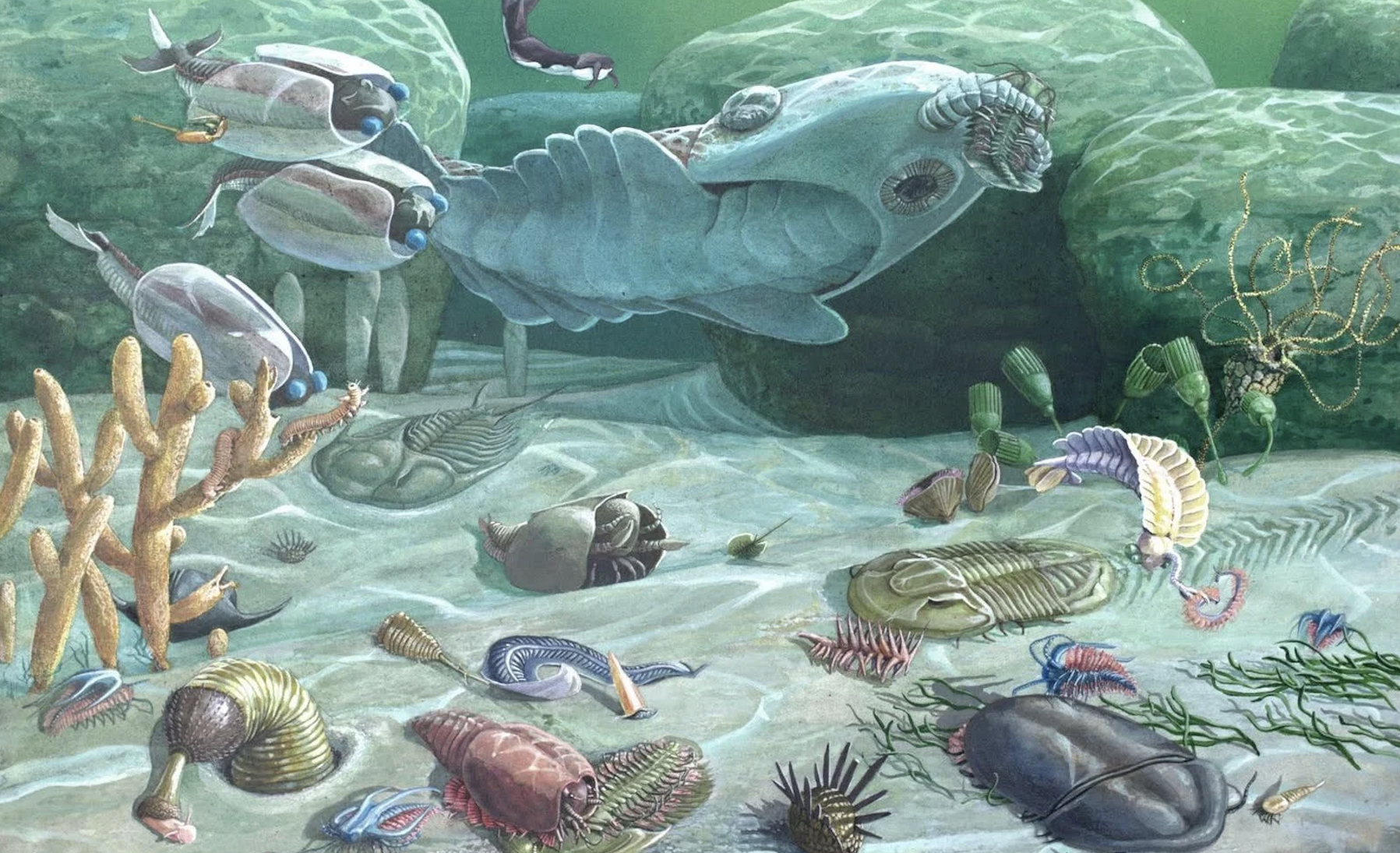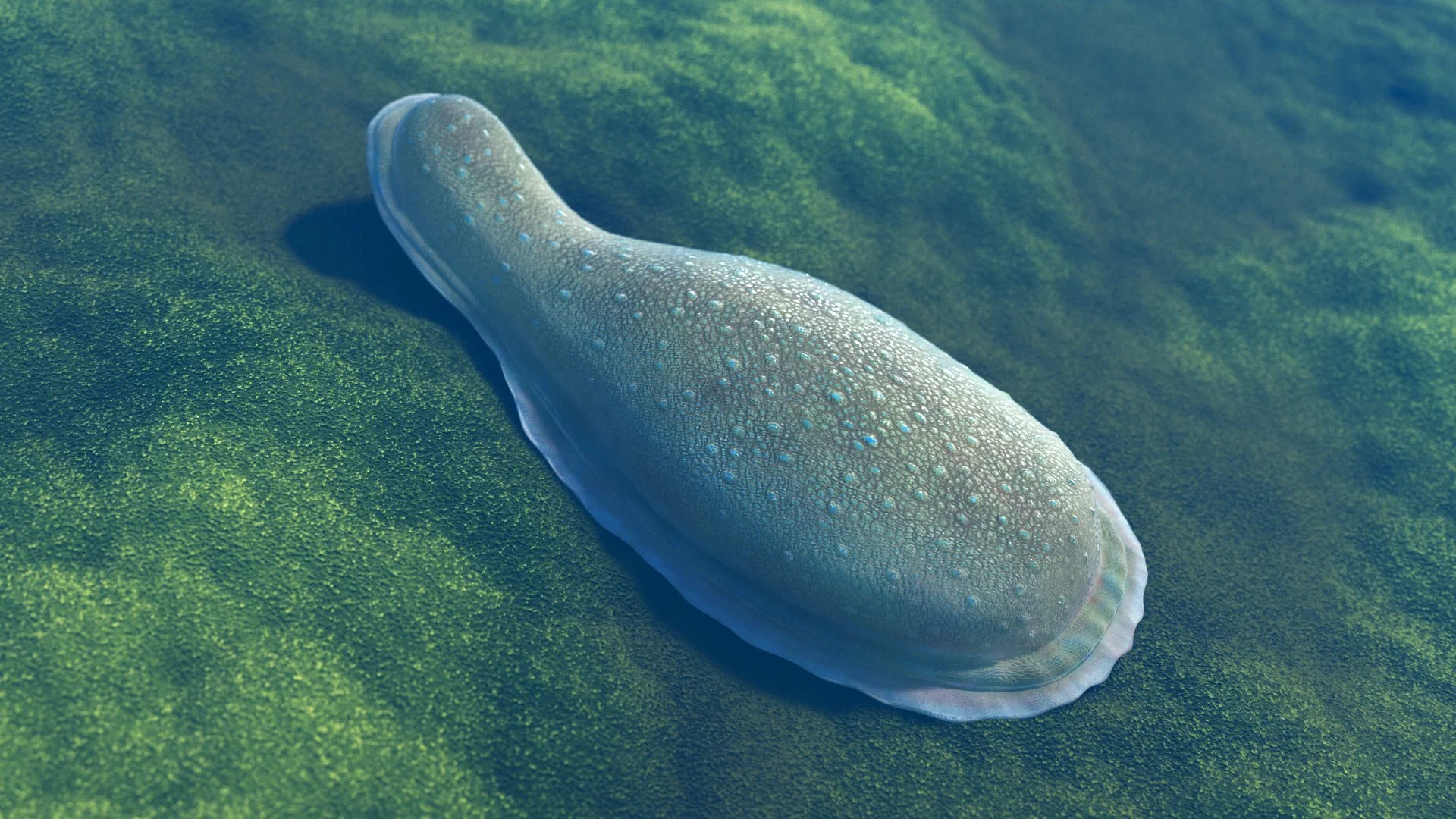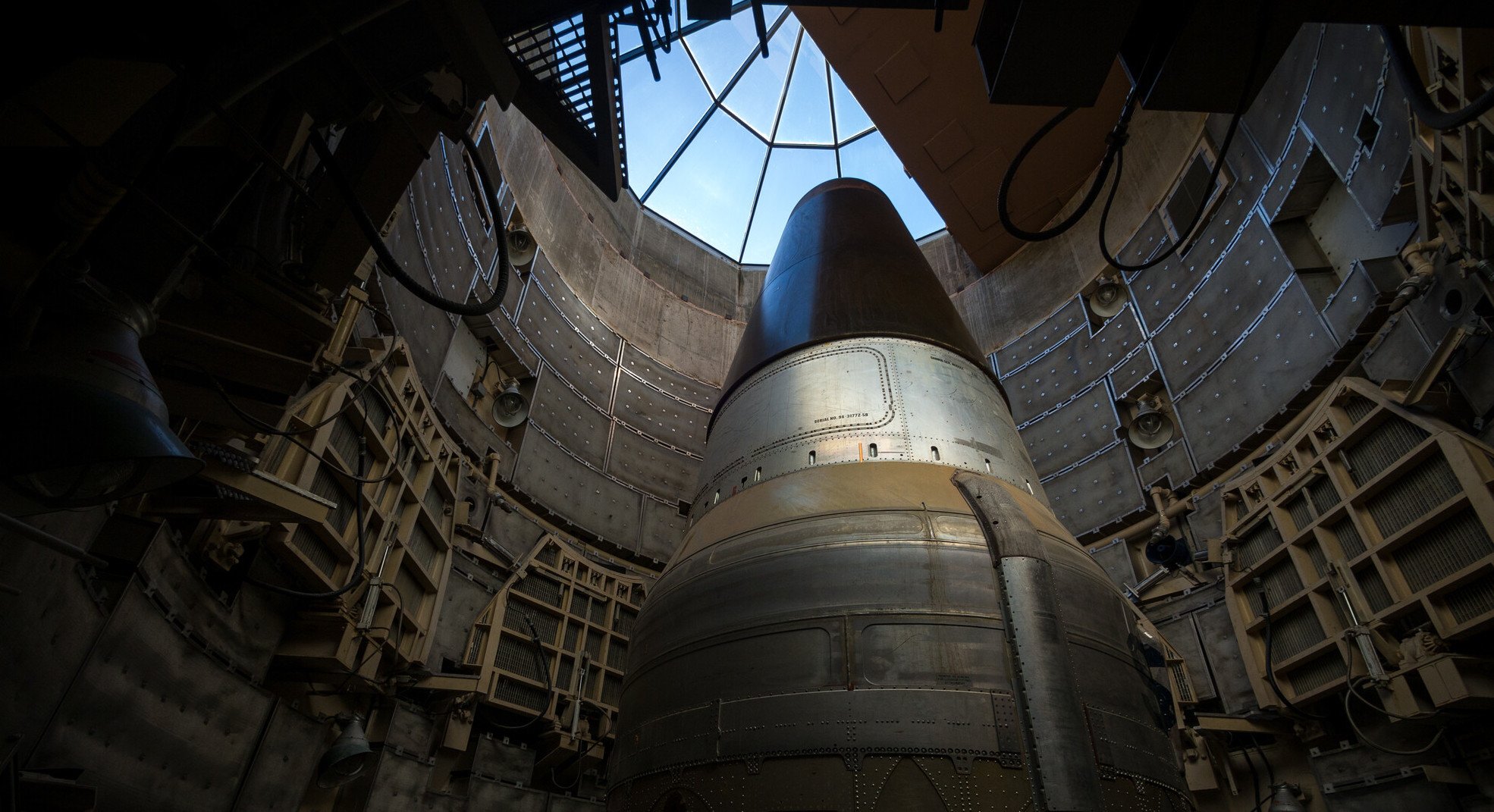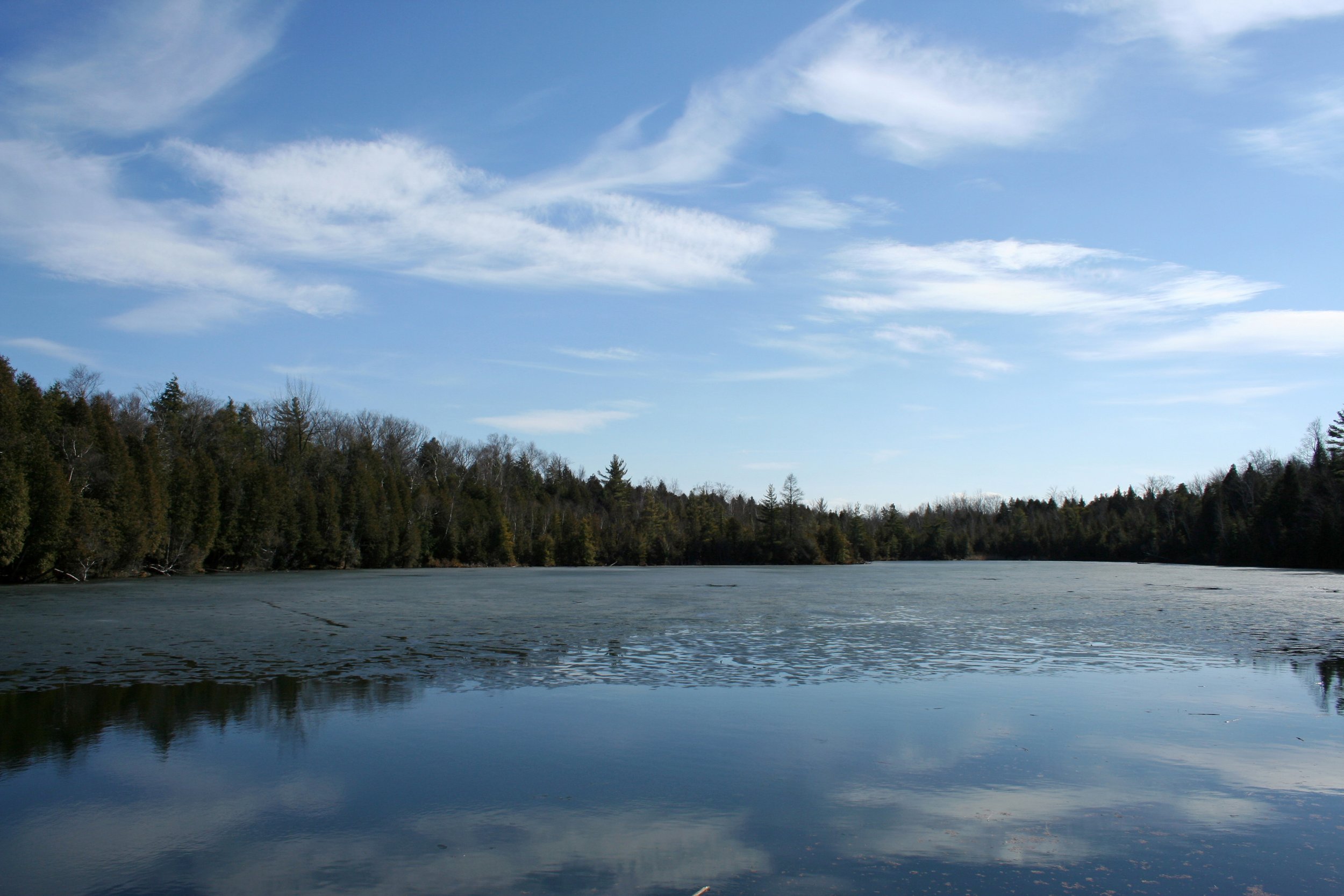Problematic fossils were once a major problem in (especially invertebrate) paleontology. It was the kind of problem for which conferences were convened and edited volumes organized. One such volume, edited by Alberto Simonetta and Simon Conway Morris, begins thus:
Problematical taxa are one of the most intriguing, and most ignored, of the problems in biology. The tendency to relegate them to the sidelines of enquiry, and the dustbin of classification, is understandable, but such treatment threatens to remove an area of great interest to evolutionary biology.
In short, problematica were really quite problematic, and the problems they raised struck many as important ones.
The volume I just quoted from appeared in 1991, at the high point of paleontological distress about problematic fossils. Since then, things have cooled off considerably. The reason is that many problematica have found a home in the stems of living groups: a solution that splits the difference between the old solutions of (1) erecting a new high-level taxon to accommodate the aberrant form, or (2) “shoehorning” the fossil into a living taxon (meaning a crown group). Doug Erwin summarized the new attitude at the recent MBL-ASU History of Biology Seminar. Once a source of great difficulties, the outstanding Cambrian problematica are now the sort of thing you “give graduate students [to figure out].” In Kuhnian language, problematica have shifted from being anomalies to being mere puzzles.
There is one major exception to this trend, however, and that is the Tully monster. A comical animal with stalked eyes and a long proboscis, fossils of Tullimonstrum gregarium are known only from the Upper Carboniferous Francis Creek Shale of Illinois. Yet here they exist in great abundance. The first fossils of the Tully monster were discovered in 1966. Since then, the animal has been compared to a gastropod, conodont, polychaete, nemertean, and nectocarid, to name a few groups. It has also, more recently, been assigned to the vertebrates: a placement that seemed to receive a decisive confirmation with the recent report of a notochord, along with “cartilaginous arcualia, gill pouches, articulations within the proboscis, and multiple tooth rows adjacent to the mouth” (McCoy et al. 2016, 496). (These features conspired to place Tullimonstrum on the lamprey stem, based on an analysis of over 1,200 specimens.)
But recent work by a team of Japanese paleontologists casts doubt on this identification. This team, led by Tomoyuki Mikami of the National Museum of Nature and Science in Tsukuba, performed high-resolution 3D scans of more than 150 Tully monster specimens, along with x-ray micro-computed tomographic analysis of the stylets (mouthparts). What this revealed was that several features previously interpreted as signs of vertebrate ancestry are not comparable to those in vertebrates. These include the Tully monster’s tri-lobed brain, tectal cartilages, and fin rays. More damaging, Mikami and colleagues showed that Tullimonstrum’s body segmentation differs from that the vertebrate pattern in extending from the preoptic head region to the tail. In their words, “no known vertebrate lineage has ever shown a preoptic segmented structure contiguous with somatic segmentation” (Mikami et al. 2023, 5). This suggests that “[the] body segmentation of Tullimonstrum probably reflects a non-sclerotized, possibly internal structure,” consistent with the interpretation that the Tully monster is either a non-vertebrate chordate or a protostome.















